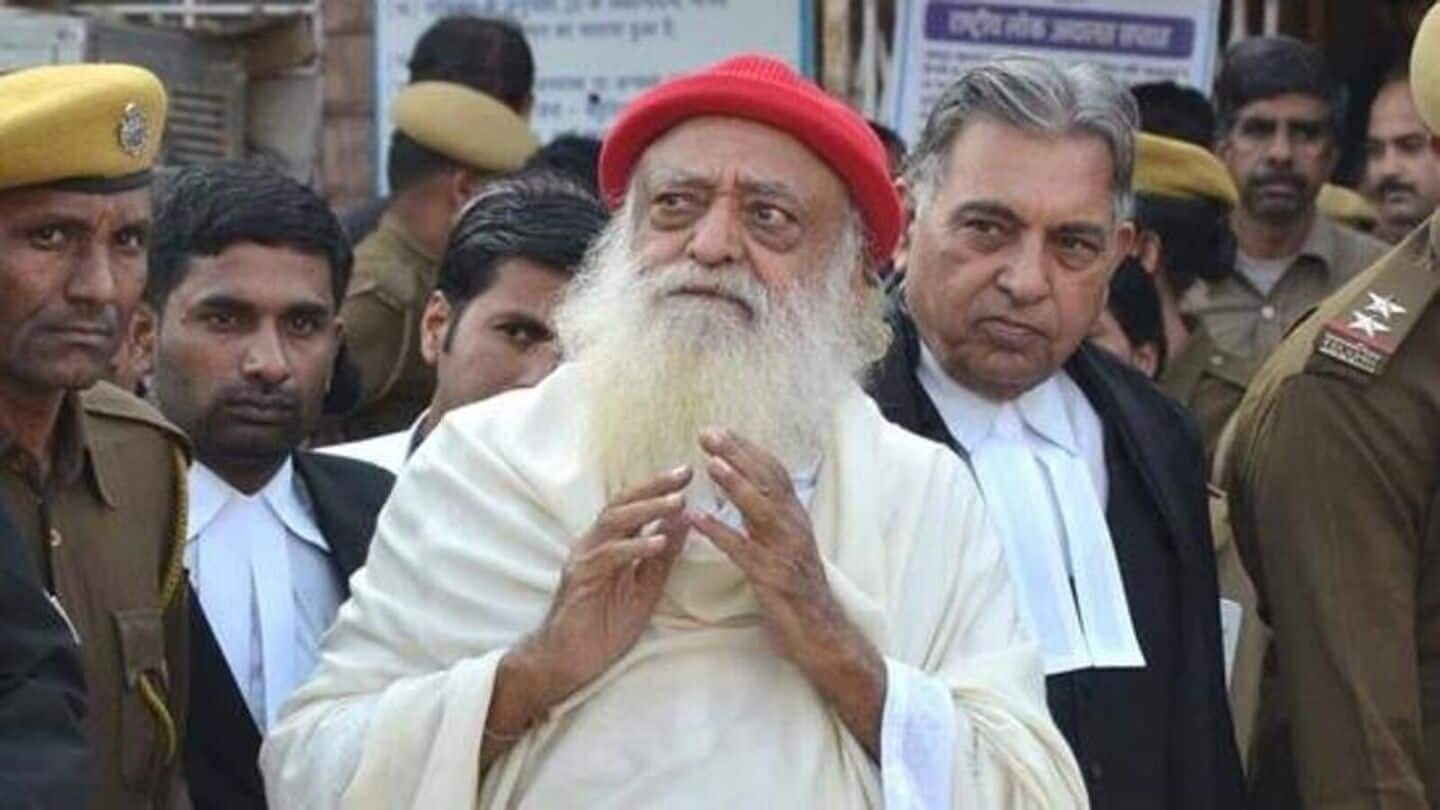
Rape convict Asaram Bapu's land among those acquired for Olympics
What's the story
The land on which three ashrams stand, including one belonging to convicted rapist Asaram Bapu in Motera, will be acquired for the Sardar Patel Sports Enclave, Olympic Village, and other sports facilities, TOI reported. The ashrams—Sant Shree Asaram Ashram, Bhartiya Seva Samaj, and Sadashiv Pragya Mandal—are likely to be relocated, although there is a possibility that Sadashiv Pragya Mandal might retain their structures if they agree to transfer other land parcels.
Acquisition underway
Land acquisition process initiated for Olympic facilities
A three-member committee led by the Ahmedabad municipal commissioner has initiated the administrative process as per the master plan. International consultant Populous, with the help of the Ahmedabad Urban Development Authority (AUDA), is preparing the master plan for the Sardar Patel Sports Enclave and Olympic Village. The preliminary report has recommended 650 acres of land, out of which 600 acres are in Bhat, Motera, Koteshwar, and Sughad, and 50 acres are on the Sabarmati Riverfront.
Enclave details
Sardar Patel Sports Enclave to cover 280 acres
A committee led by CM Bhupendra Patel and AMC has already approved the acquisition process. The Sardar Patel Sports Enclave will come up on 280 acres around the Narendra Modi Stadium and 50 acres on the riverfront, while the Olympic Village will be constructed on 240 acres in Bhat and Sughad. AUDA sources said landmarking around these areas has been completed as per the master plan, and land is ready to be acquired.
Cost estimation
Estimated cost of hosting 2036 Olympics in Ahmedabad
Ahmedabad and Gandhinagar have a comprehensive blueprint for hosting the 2036 Olympics, with costs estimated between ₹34,700 crore and ₹64,000 crore. The plan includes utilizing the existing infrastructure and building new facilities. The financial outlay is strategically split into two separate budgets: Organizing Committee for the Olympic Games (OCOG) budget, covering organizing costs, and the non-OCOG budget, covering infrastructure/operational costs for the host city.